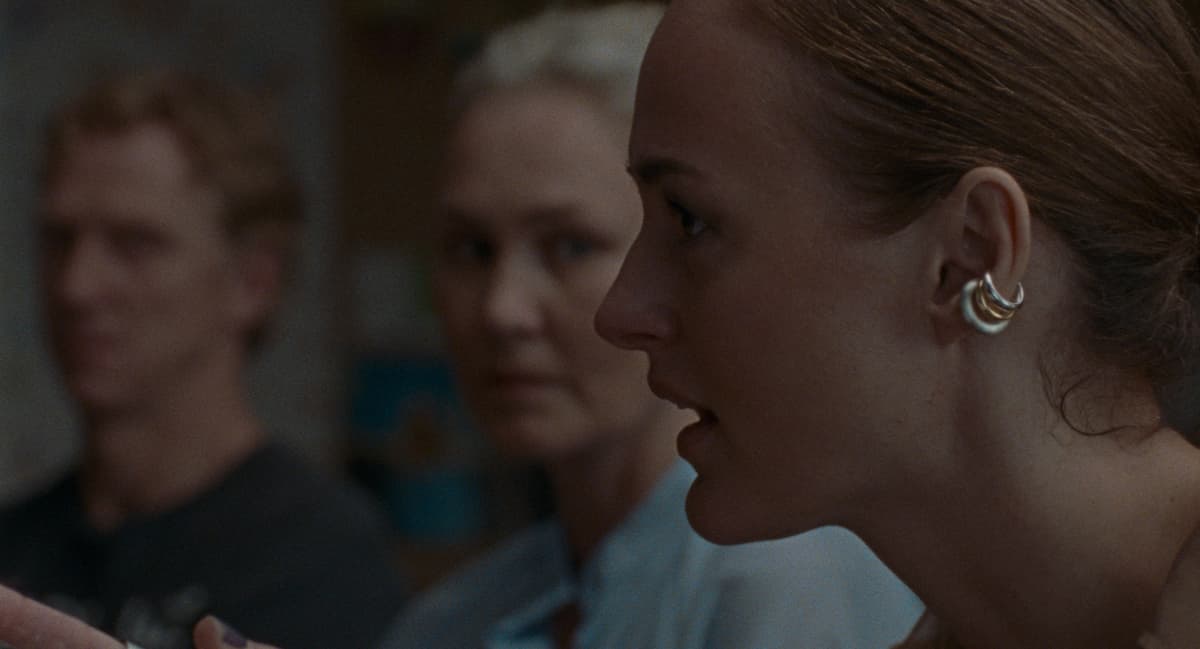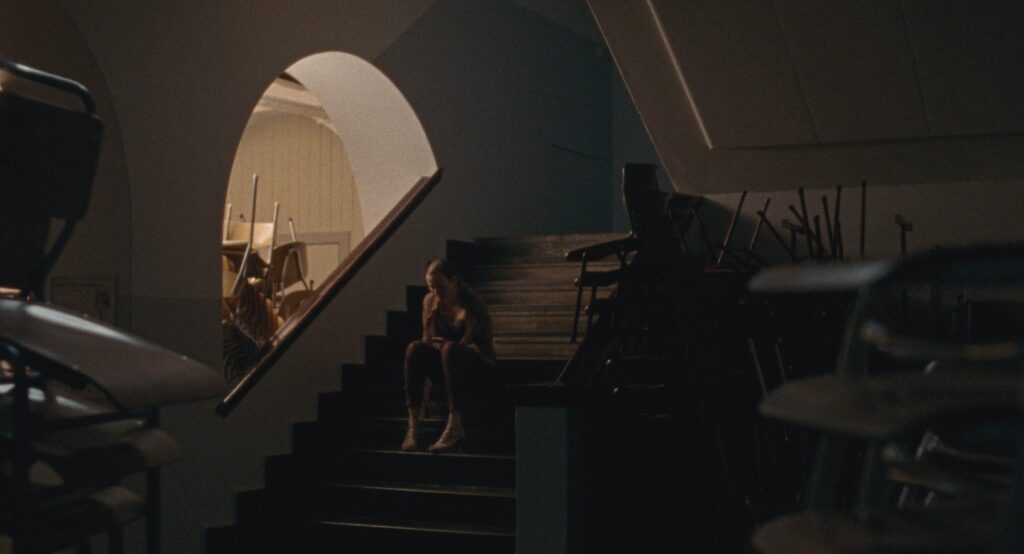Halfdan Ullman Tøndel Populates His Debut Film, ‘Armand,’ With Indelible Female Characters
His furtive exploration of the best of intentions, the complications of parenthood, and the ramifications of guilt bear some comparison with the work of his grandfather, the Swedish director Ingmar Bergman.

About three-quarters of the way into Halfdan Ullman Tøndel’s debut film, “Armand,” there is a scene of such extraordinary power that it can’t help but put the rest of the film into high relief. Anders (Endre Hellestveit) and Sarah (Ellen Dorrit Petersen), a married couple, are seen talking in the doorway of an elementary school as they’re taking a breather from a parent/teacher conference. It’s not going well.
The meeting is stressful enough; now, Anders and Sarah are at odds. In a fit of frustration, Sarah begins to scream — except that no sound emanates from her mouth. Her grimace is a study in inexpressible tension. The moment is redolent of the intimacies, and extremes, to which a longstanding couple can reveal themselves to each other. Mr. Tøndel, who also wrote “Armand,” gives us a glimpse of a relationship that has the ring of truth.
That might be something you’d expect of a filmmaker who traces his lineage to the Norwegian actress Liv Ullman and the Swedish director Ingmar Bergman. His furtive exploration of the best of intentions, the complications of parenthood, and the ramifications of guilt bear some comparison with his grandfather’s work. Similarly, Mr. Tøndel evinces a knack for creating indelible female characters.
We’ve met Sarah, who is headstrong, something of a puritan, and possessed of a mania that is spurred, in equal parts, by envy and mourning. Sunna (Thea Lambrechts Vaulen) is a teacher whose hesitations and enthusiasm mark her as being new to the job; she’s eager to do right however confusing or awful the circumstances. Asja (Vera Veljovic-Jovanovic) is a veteran administrator with a moral compass that’s been shopworn, if not eradicated, by experience. She also suffers nosebleeds when the going gets tough.

Then there’s Elisabeth (Renate Reinsve from “The Worst Person in the World” and “Handling the Undead“), a slender and sexy young mother who was once an actress of some notoriety and is now a widow whose husband died by his own hand. Or did he? As with much of “Armand,” events are hinted at in a roundabout manner. Connecting the dots can be difficult. For all the talking that goes on in the film, there’s little clarity brought to the particulars of the story. Mystery is one thing; obfuscation another.
This is particularly frustrating, in that issues at the nub of “Armand” are difficult — that is to say, child abuse and the pain adults can inflict upon each other. There’s been an incident at the school between two 6-year-old boys. Elisabeth’s son, Armand, has been accused of sexually accosting the child of Sarah and Anders, Jon. Save for a fleeting glance of the title character toward the end of the picture, the children are notably absent. The adults definitely are present, and they are, to a person, a handful.
As is Mr. Tøndel. What begins as a stark and surprisingly parodic rumination on changing mores turns into a hodgepodge of operatic indulgences. As the story begins to intimate a breaking point, the director introduces elements of interpretive dance that are meant to underscore the contradictions and hypocrisies of the situation at hand.
In actual fact, these arty digressions denude the film of its grit and drama. Flagrant artifice is a feeble substitute for emotional substance, a fault that this talented provocateur will want to take into consideration the next time he perches himself in the director’s chair.

